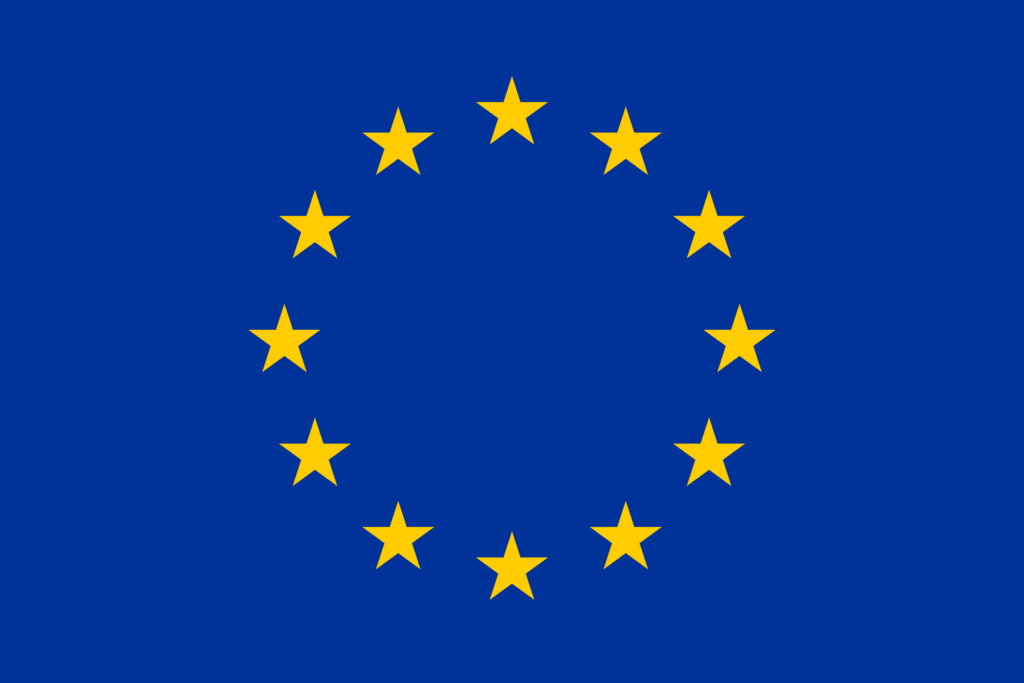The Strategic Research & Innovation Agenda (SRIA) serves as the blueprint for setting the strategic priorities in battery research across Europe. Published in February, the SRIA 2024 outlines six key pillars aimed at enhancing the competitiveness and sustainability of the European battery sector. This agenda not only guides Horizon Europe work programs but also influences public and private funding opportunities for projects like BATSS and VERSAPRINT, focused on battery innovation.
The SRIA 2024 is the result of collaborative efforts between the Batteries European Partnership Association (BEPA) and Batteries Europe, drawing insights from hundreds of European battery experts. It emphasises six imperatives that will help connect battery innovation with industry and business:
- Ensuring research results reach giga-factories and markets through pilots, demonstrators, and digital tools.
- Reducing reliance on foreign critical raw materials by supporting local and circular supply chains.
- Improving battery affordability by leveraging materials that are more abundant and integrating them into end-use applications.
- Enhancing the flexibility of battery manufacturing and recycling systems to adapt to changes in the industry.
- Implementing a safe and sustainable framework for batteries to reduce emissions and enhance safety.
- Supporting continuity in excellent European battery research and academic-industrial cooperation.
Implications for BATSS and VERSAPRINT
The priorities outlined in the SRIA 2024 directly impact BATSS and VERSAPRINT, which are dedicated to advancing battery research and innovation. By aligning with the SRIA imperatives, these projects will contribute to:
- Accelerating the transition to sustainable and affordable battery technologies
- Strengthening Europe’s strategic autonomy in the battery sector
- Fostering collaboration between academia, industry, and research institutions
- Promoting the adoption of safe and sustainable battery solutions
- Ensuring the continuity of excellence in battery research and innovation

Projects like BATSS and VERSAPRINT play a vital role in translating the objectives outlined in the SRIA into tangible outcomes through their innovative research and development efforts.
Here’s what Céline Bonnaud from CEA, coordinator of VERSAPRINT thinks of the implications of SRIA 2024 for her project: “It is clear that we all need to move towards high-performance, sustainable, and safe electrical solutions. In this report, the transport sector is one of the key areas for moving towards carbon neutrality. In the VERSAPRINT project consortium, we are proud to be part of this effort, offering innovative and versatile technological solutions for battery systems that can be easily adapted to diverse applications.”
Meanwhile, Iosu Cendoya from CID, coordinator of BATSS provides his insights about the six imperatives and their impact in his project: “BATSS has the aim to adopt the imperatives defined by BEPA, by promoting the European battery value chain, focused on a European cell technology that is taken in the project as the key element to enhance a safe-by-design battery pack concept; the analysis comprises both, the 1st and 2nd life of the battery pack, developed by research and industrial partners.”
As Europe strives to achieve its sustainability goals and enhance its global competitiveness in the battery sector, the SRIA 2024 provides a roadmap for action. Our projects are poised to make significant contributions to realising the objectives outlined in the SRIA, driving innovation, and advancing battery technologies for a greener future.
For more updates on these projects’ advancements, follow them on LinkedIn (BATSS, VERSAPRINT) and X (BATSS, VERSAPRINT).
